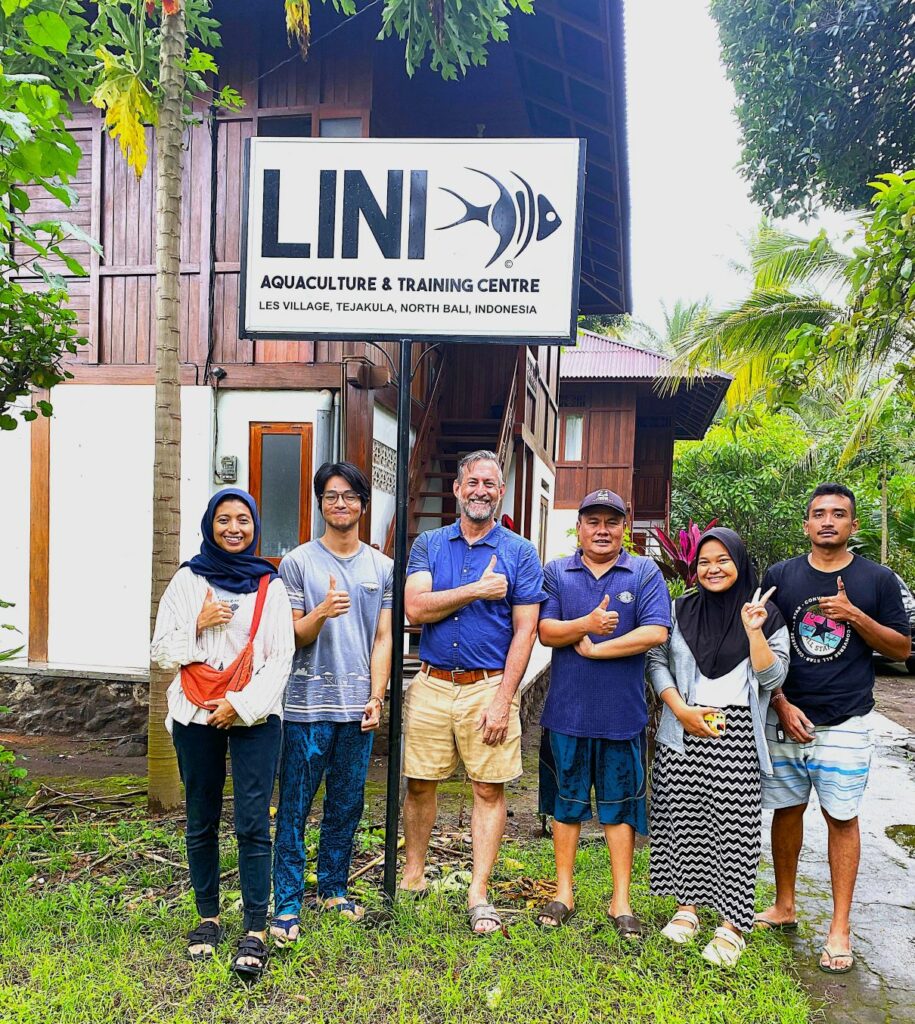
via Coral Reef Aquarium Fisheries Campaign
by Guest Authors:
Ryannyka Dwi Astuti, Research and Education Manager, LINI
Adriel Prayoga, Research Officer, LINI
This past spring, IndoReefFish partners at LINI invited the Coral Reef Fisheries Campaign’s Director Paul Anderson to visit the Les Village marine aquarium fishing community. This community benefits from LINI’s Aquaculture and Training Center (LATC) sited at its village and working alongside it for many years to support the sustainable management of its marine aquarium fishery.
The Center was established in 2015; offering a hub for the Les Village and nearby fishing communities to convene and learn best practices in fishing, handling, transport, and trade. Also, the Center features a large aquaculture facility, where the staff and community have developed low-tech methods for aquaculturing popular aquarium fish species like clownfish, and the Banggai cardinalfish. This activity is meant to reduce fishing demand for the wild-caught counterparts of these vulnerable species.
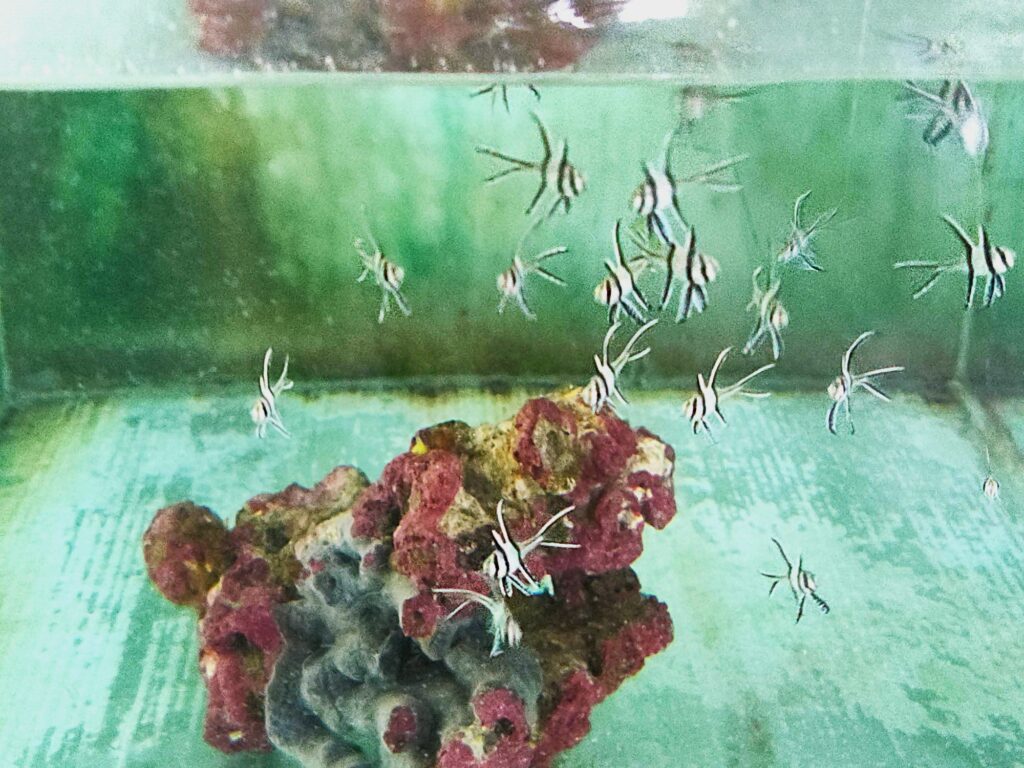
While the LATC empowers fishers (mostly men) by providing training in best fishing practices; for the women of fishers’ households, the LATC offers training in fish aquaculture and husbandry practices; and employs women in the aquaculture facility as well as in housekeeping roles. LINI thus plays a direct role in providing for the livelihoods of its village community.
LINI has also been engaged in a concerted effort alongside the village community to place artificial reefs along the North Bali coastline to supplement the coral reef habitat and support the marine aquarium fishery. Together, they began deploying these structures in 2010, and now have over 2,500 structures that provide new homes for corals, reef fishes, and invertebrates. The fishers’ involvement in this project yields supplemental income for them and their households.
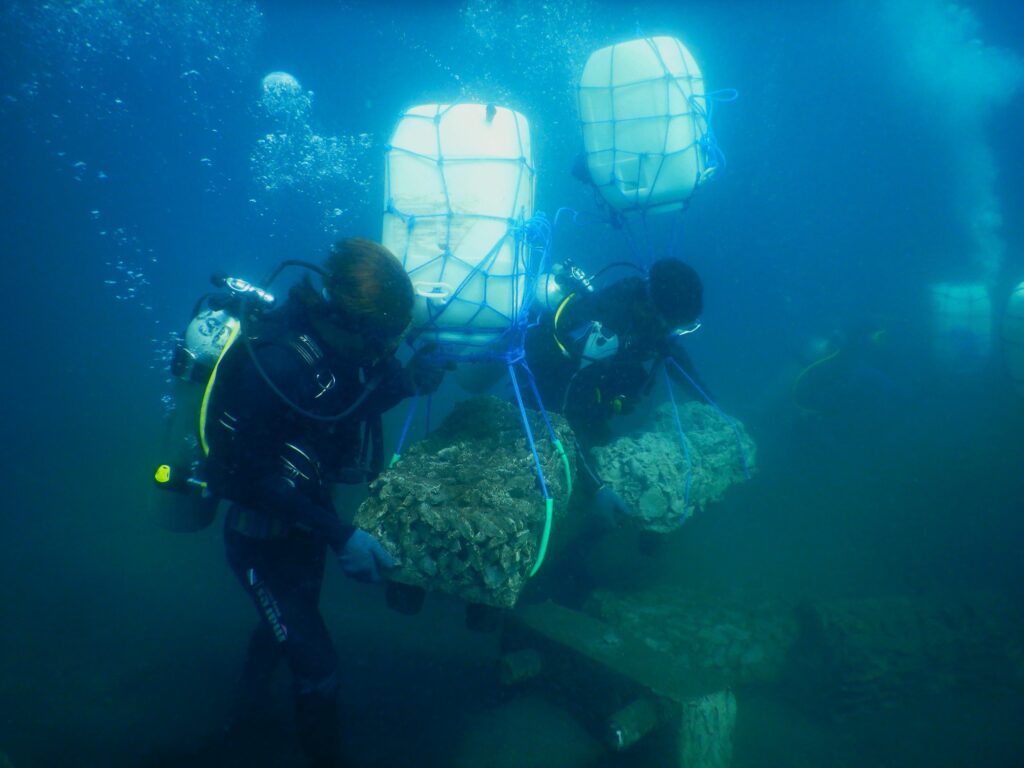
Artificial reef placement is followed by routine monitoring, which offers insight to LINI and village stakeholders with regard to artifical reef design and placement strategies that optimize reef biodiversity. This group and program has now established itself as the North Bali Reef Restoration Monitoring Network. Beginning in 2021, the Network launched an internet-based platform to share monitoring data.
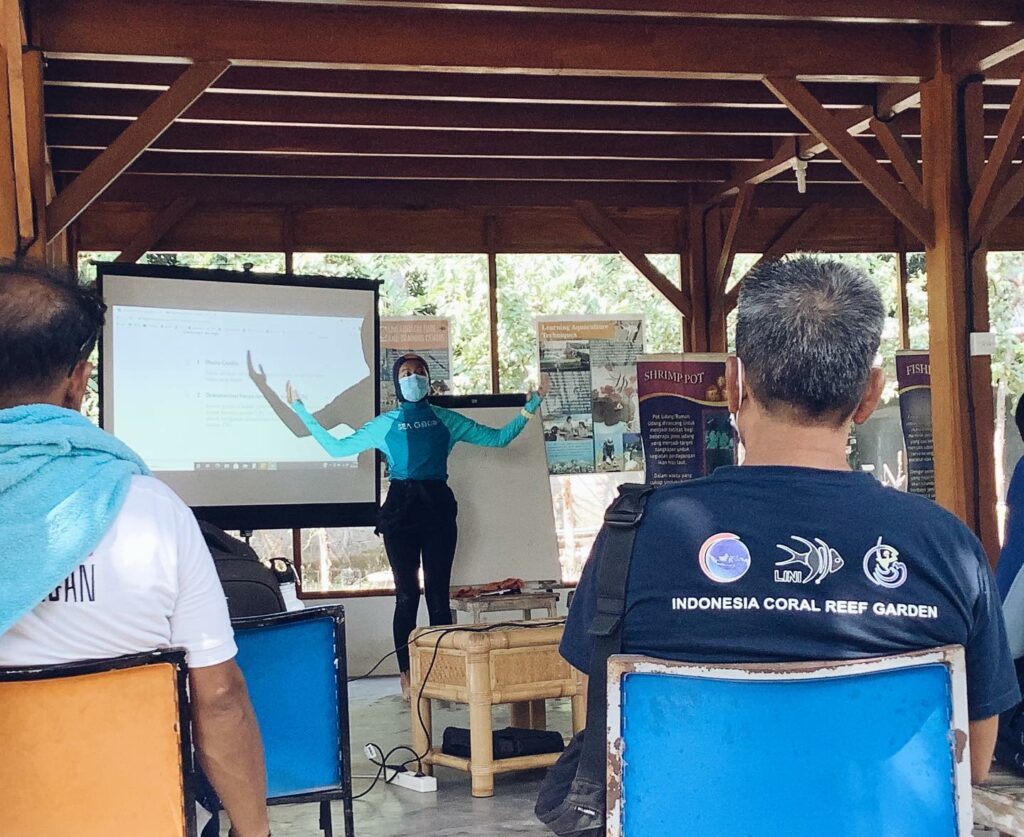
LINI envisions its North Bali reefs as a thriving ecosystem where coral reef biodiversity flourishes while supporting a sustainable fishery that provides for the livelihoods of its community.
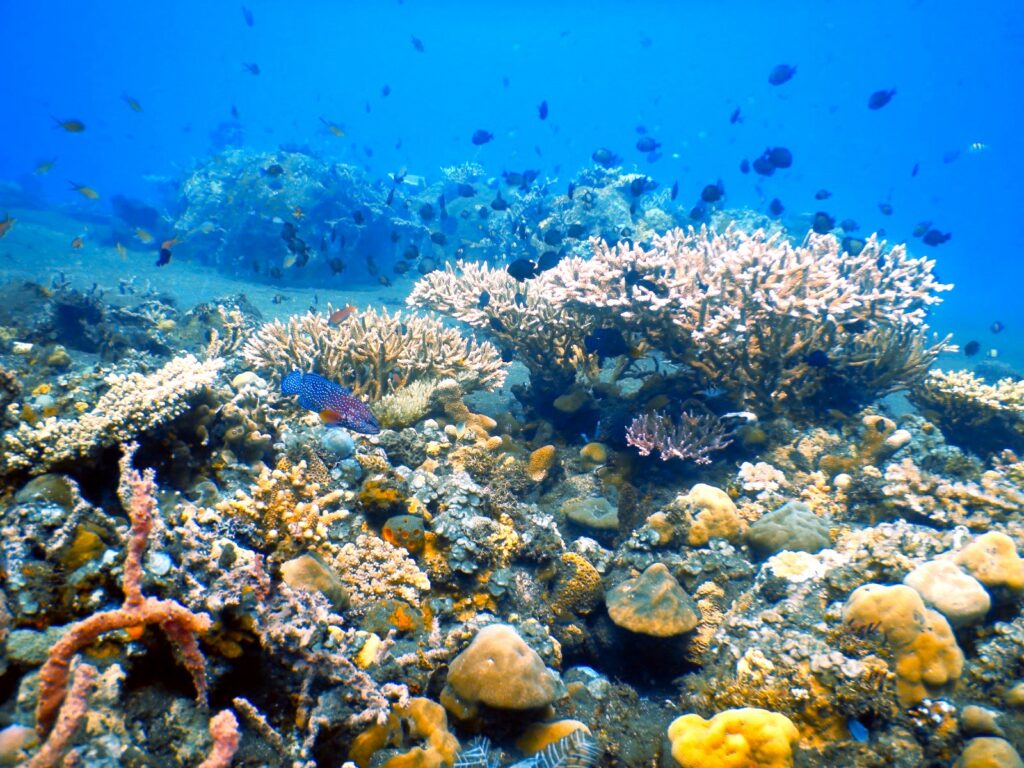
LINI is thrilled to have the opportunity to collaborate with the international conservation NGO Rare, as well as conservation-focused stakeholders of the world’s largest destination of marine aquarium fishes in the global trade, the U.S.: The Shedd Aquarium and The Coral Reef Aquarium Fisheries Campaign. Together, they are developing a model develop for sustainable sourcing of marine aquarium fishes that links public aquaria and zoos to the reefs that they exhibit, and the people whose livelihoods depend on those reefs. This program is called IndoReefFish.
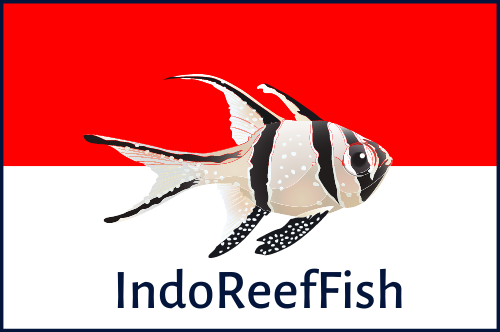
IndoReefFish is empowered by its partners, and the support of the Association of Zoos and Aquariums and marine aquarium fishery businesses, associations, and agencies across Indonesia. This program is sponsored by the Institute of Museum and Library Services.
###





I support these two projects as described but they depend on the good will of native people that value their ecology due to their life ties to it. Unfortunately this system is prone to human corner cutting and greed by those whose drive for profit overrules the conservation ethic, typical of many in the “advanced” nations. That fact is the reason why we have the problem to begin with.
That is why they must be subsidized, perhaps via a sales tax. The American petroleum industries are subsidized, so why not here?